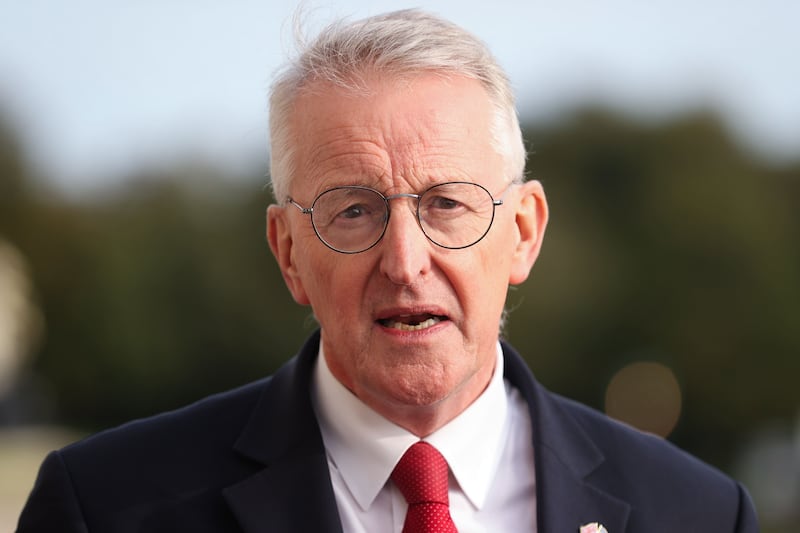THE Northern Ireland Office (NIO) has said that people with a Troubles-related conviction can still apply for immunity under the British government's controversial legacy bill.
The bill, which is due its second reading today, suggests that anyone with Troubles' related convictions will not be eligible for immunity.
It also confirms that civil legal cases can no longer be brought and that some inquests will not be heard.
Under section 19 The Northern Ireland Troubles (Legacy and Reconciliation) Bill states that "a request by a person (P) for a grant of immunity is not valid when it is made (a) a public prosecution of P for a relevant Troubles related offence has begun or is continuing" or (b) "P has a conviction for a relevant Troubles-related offence".
Asked if there are any plans to amend section 19 an NIO spokesman said: "An individual cannot apply for immunity from prosecution in relation to an offence for which they already have a conviction.
"That does not prevent an individual applying for immunity in relation to an offence for which they do not have a conviction."
Daniel Holder of the Committee on the Administration of Justice (CAJ) said the bill "is deeply concerning in general".
“As it stands the bill makes reference to persons who already have a conviction not being able to apply for an amnesty," he said.
“If the intention was to only exclude persons from applying for immunity for something they had already been convicted of, the bill should have clearly stated that.
"It has added a further layer of ambiguity in a context where its known the intention behind this bill has long been to facilitate an amnesty for the security forces."








